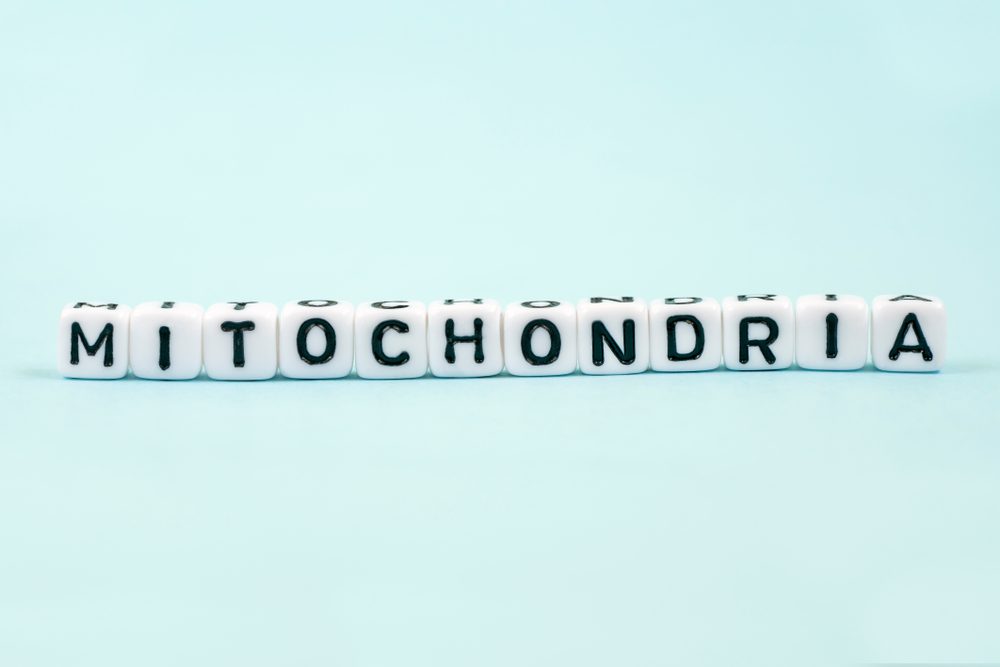In the United States, the FDA grants Orphan Drug designation to drugs or biologics intended to diagnose, prevent, or treat rare conditions (those affecting fewer than 200,000 people in the country). Orphan Drug designation was created to incentivize drug development and research in the rare disease sphere. Benefits that come with the designation include fee waivers, tax credits, increased regulatory assistance, and seven years of market exclusivity upon the drug’s approval. In a news release from clinical-stage biopharmaceutical company Cyclerion Therapeutics, Inc. (“Cyclerion”), the company shared that its therapy zagociguat recently earned Orphan Drug designation for the treatment of patients with mitochondrial diseases such as MELAS (mitochondrial encephalopathy, lactic acidosis, and stroke-like episodes).
Prior research and preclinical studies suggest that stimulating the NO-sGC-cGMP (“sGC”) pathway could benefit various pathological mechanisms of mitochondrial disease. Zagociguat is a sGC stimulator being developed for various mitochondrial diseases. This treatment is unique in its ability to penetrate the central nervous system.
An open-label Phase 2a trial of zagociguat in patients with MELAS, one of the more common mitochondrial diseases, found the treatment to be relatively safe and well-tolerated. Zagociguat also improved mitochondrial function, functional connectivity between brain regions, and cerebral blood flow. At the same time, it reduced inflammation and showed promise in combating neurodegeneration.
What are Mitochondrial Diseases?
There are a multitude of mitochondrial diseases, or inherited conditions that affect the mitochondria (cellular structures responsible for making energy). Some examples include:
- Barth syndrome
- Fatty-acid oxidation disorders
- Leigh syndrome
- MELAS
- Primary mitochondrial myopathy (PMM)
For a longer list of mitochondrial diseases, take a look at this helpful and informative guide from MitoAction. These conditions result from either nuclear DNA (nDNA) or mitochondrial DNA (mDNA) mutations, which cause mitochondrial dysfunction. Because mitochondria are in cells throughout the body, mitochondrial diseases may affect various bodily systems such as the brain, heart, liver, kidneys, and muscles.
While symptoms may be present at birth in some individuals, they may appear later in life for others. Potential symptoms of mitochondrial diseases are listed below; however, we urge you to look into your specific mitochondrial disease’s symptoms and care:
- Muscle pain and weakness
- Developmental delays
- Fatigue
- Hypotonia (low/poor muscle tone)
- Increased susceptibility to infection
- Learning disabilities
- Hearing and vision loss
- Temperature intolerance
- Low blood sugar
- Diabetes
- Poor growth
- Autism spectrum disorder
- Heart, liver, or kidney diseases
- Seizures
- Dementia
Because of the variability in presentation, it can be difficult to diagnose mitochondrial diseases. A variety of tests, as well as genetic testing, can assist in the process. Treatment options also vary and may include anti-epileptic medications, physical therapy, surgery, and nutritional supplementation.








